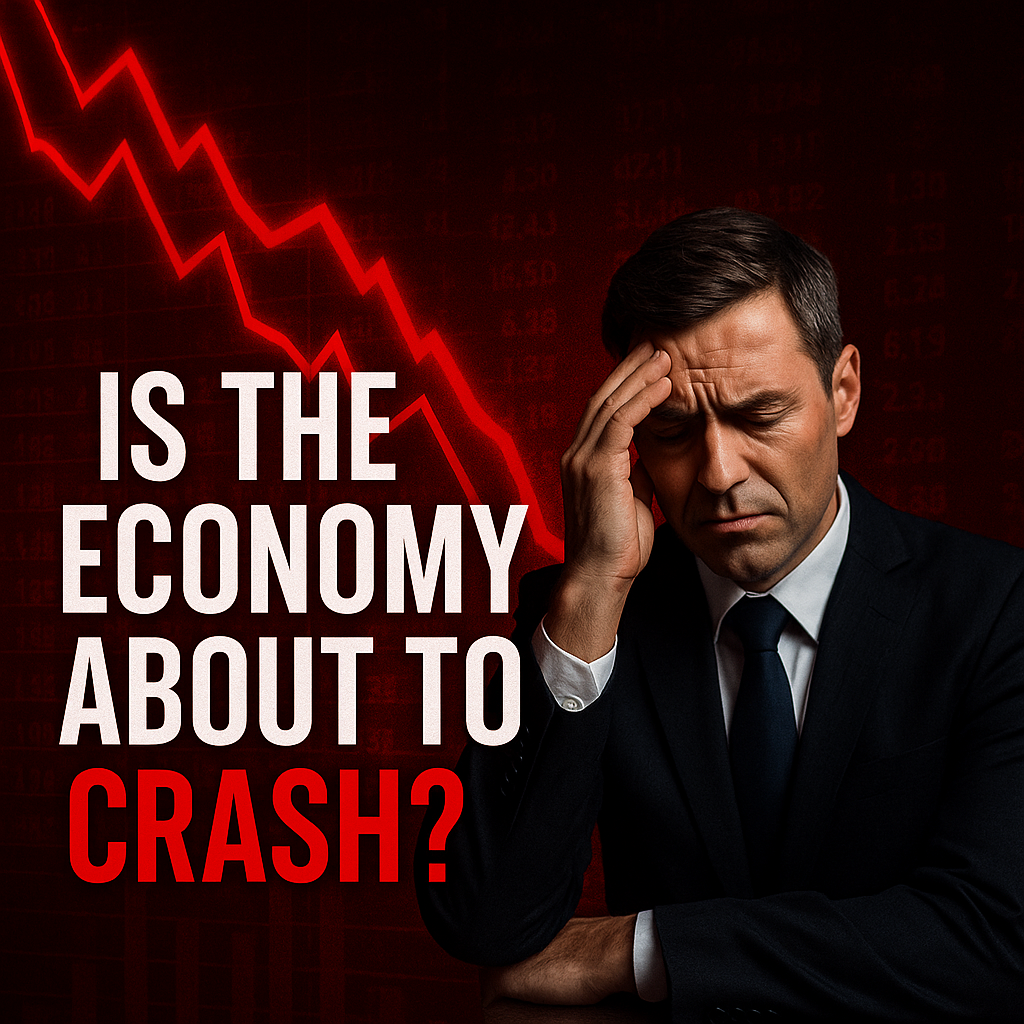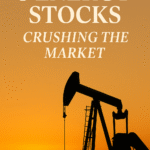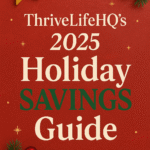The energy story in 2025 is bigger than “oil is up” or “renewables are booming.” Global energy investment is projected to reach a record $3.3 trillion in 2025, with about $2.2 trillion expected to go into clean energy technologies like renewables, grid upgrades, battery storage, and nuclear—compared with roughly $1.1 trillion still headed toward fossil […]
Is the Economy About to Crash? What Experts Aren’t Telling You

Every time the stock market dips or a big bank makes headlines, whispers of an economic collapse start circulating. But here’s the truth: economies rarely crash overnight. Instead, they weaken slowly — through inflation, rising debt, job losses, and declining consumer confidence — until one event pushes everything over the edge.
For informational purposes only, not financial advice. Results may vary. Please read our full disclaimer at the end of this article.
Right now, there are warning signs that have many people nervous:
Rising Interest Rates → Loans, mortgages, and credit card debt are more expensive. Soaring Consumer Debt → Americans are swiping credit cards to survive, not to splurge. Corporate Layoffs → Major companies cutting jobs signals businesses are bracing for tough times. Housing Market Stress → Higher mortgage rates are freezing buyers and trapping sellers.
But here’s what you won’t hear on the news: economies don’t “crash” in the Hollywood sense. They bend, wobble, and often scare people into making bad decisions (like pulling money out of the market too soon). Those who panic usually lose the most.
👉 The real danger isn’t necessarily a crash — it’s how unprepared most people are. Living paycheck-to-paycheck, depending on one income stream, or carrying high debt means even a mild downturn feels catastrophic.
On the flip side, recessions have always created opportunities for those who prepare. The wealthy often get richer in downturns because they buy assets cheap, while everyone else is selling in fear.
⚠️ Bottom line: Whether the economy “crashes” or just stumbles, the people who will suffer the least (and even thrive) are those who:
Keep an emergency fund, Avoid unnecessary debt, Diversify income, And stay calm when the headlines scream panic.
The question isn’t if the economy will slow down — it always does in cycles. The real question is: will you be ready when it does?
Disclaimer: The information provided on this article is for educational purposes only and should not be considered financial, tax, or legal advice. Always consult with a licensed financial advisor for advice tailored to your financial situation. Results may vary, and ThriveLifeHQ does not guarantee any specific financial outcomes.
Trending Posts On Thrive Life HQ
Top 5 Best US Cities for Retirees in 2025
Retirement is changing fast. The old image of rocking chairs and quiet suburbs is being replaced by active lifestyles, affordable comfort, and access to great healthcare. In 2025, retirees are looking not only for sunshine but also for stability, culture, and connection. Using data on cost of living, healthcare access, housing affordability, and quality of […]
ThriveLifeHQ’s 2025 Holiday Savings Guide
Holiday shopping is bigger, longer, and more digital than ever—which means there are more ways to save if you plan ahead and stack rewards strategically. This guide keeps it simple: practical tactics you can use today, with easy, no-cost tools. 1Cash-Back Apps & Portals You Can Stack Free to Join Start with a cash-back “layer” […]


